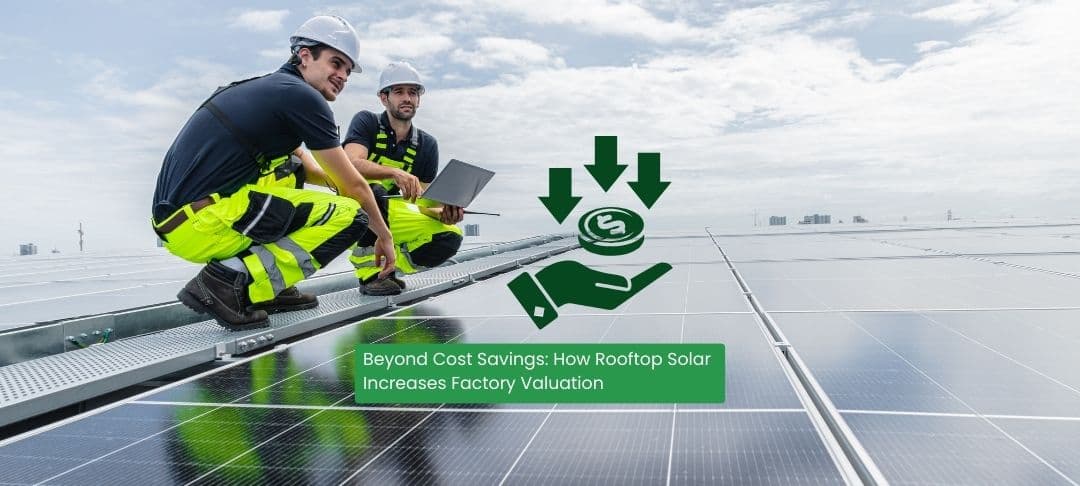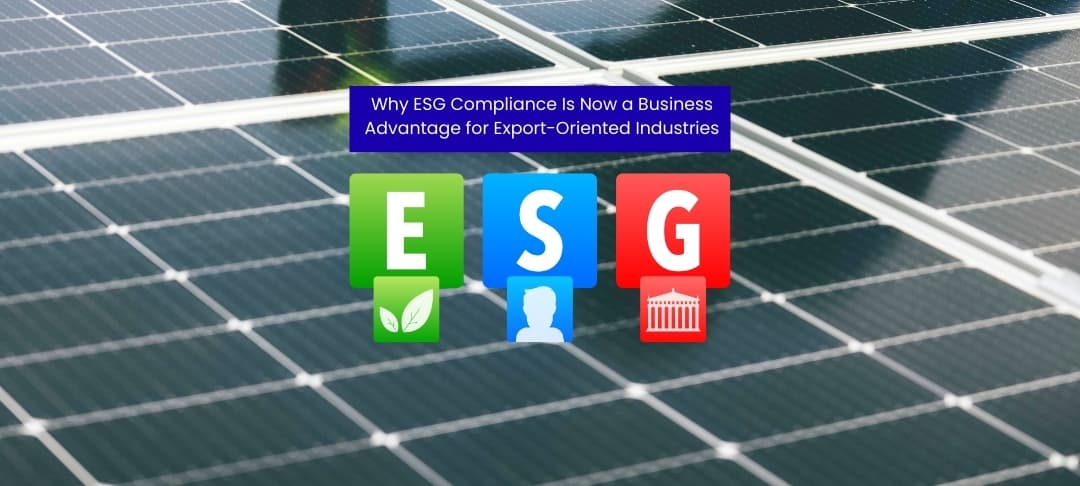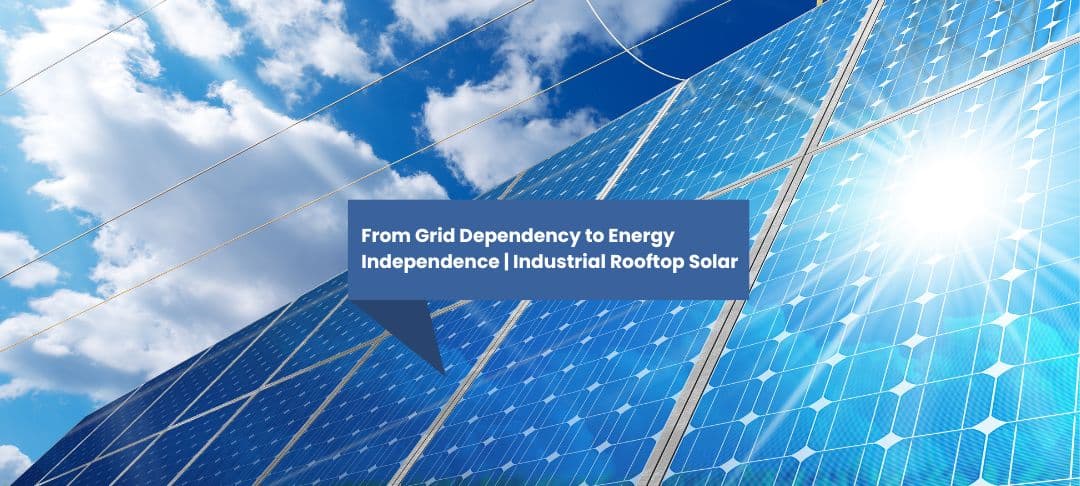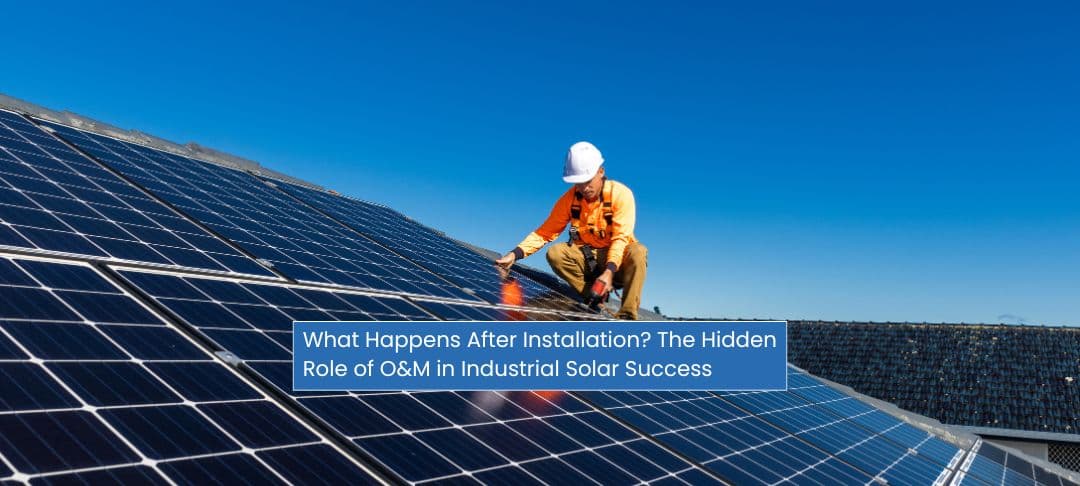Solar Panel and Poverty Extinction
Published at - March 25, 2022
In the past few decades, us humans have been plain selfish when it comes to meeting our needs by exploiting our environment. According to the latest Intergovernmental Panel on Climate Change (IPCC) report on global warming, the planet is headed for a 3–4 °C average increase in temperature by 2100.
- The United Nations (UN) has proposed four means by which to contain climate change:
- modification of our lifestyles and consumption
- improvement of our energy efficiency
- changing of our agricultural practices
- transform of our energy mix by increasing the proportion of renewable energy in order to decarbonize electrical power generation (39% of the total CO2 emissions in 2015)
With the upcoming challenges lying ahead due to such grave ecological crisis it is important to experiment and execute alternative methods of more affordable living. Moreover, it is more than necessary to meet the basic needs of existing poor population to turn them into skilful global assets.
What Is Solar Energy ?
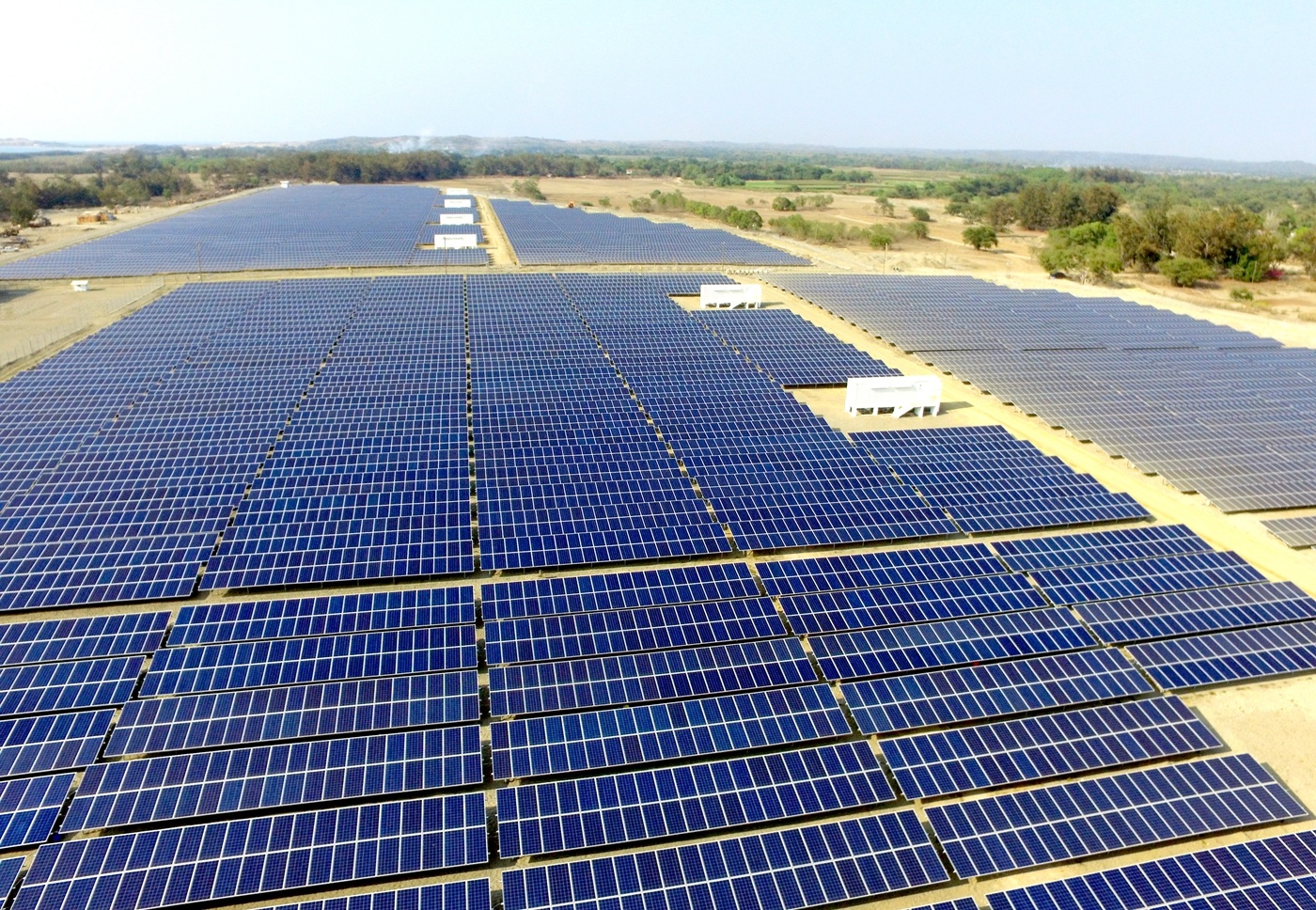
According to Wikipedia, Solar energy is radiant light and heat from the Sun that is harnessed using a range of technologies such as solar power to generate electricity, solar thermal energy including solar water heating, and solar architecture. The Sun is a tremendously strong energy source, and sunlight is by far the most abundant source of energy received by Earth. Solar energy has huge potential, as Earth receives nearly 200,000 times the world's entire daily electric-generating capacity in the form of solar energy every day.
Solar energy may be harnessed in three ways:
- -Photovoltaics, solar heating and cooling, and concentrating solar power.
- -Solar heating and cooling (SHC) and
- -Concentrating solar power (CSP) utilize the sun's heat to heat space or water in SHC systems, or to power typical electricity-generating turbines in CSP power plants.
Energy & Poverty
“Energy and poverty are linked. Energy is crucial to reducing poverty and hunger, improving health, increasing literacy and education, and improving the lives of women …”
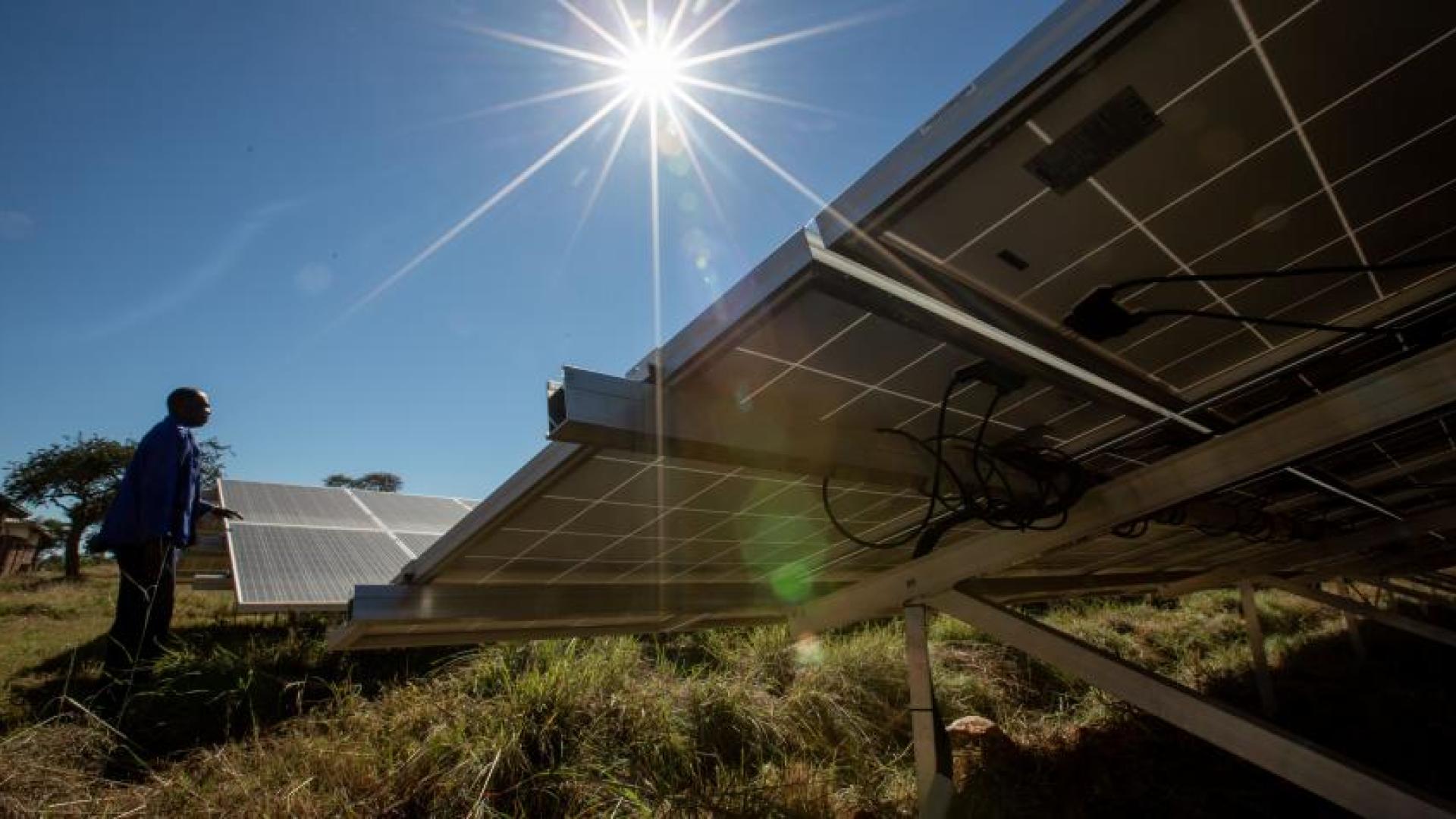
Energy has a critical role in poverty reduction, delivering significant advantages in the areas of health, literacy, and equity. Worldwide, 840 million people lack access to electricity, according to the World Bank, and it is projected that 650 million people, People living in poverty, prioritize meeting their household energy demands for cooking and heating. They rely nearly entirely on the combustion of biomass, such as wood, charcoal, and dung. Poor individuals spend up to a third of their earnings on energy, which is mostly used to prepare meals.
Without energy to expand production, income, and education, generate jobs the aim of halving poverty will not be met. The poor are the most vulnerable to global warming because they lack the resources to deal with climate-related disasters Climate change poses a direct threat to long-term development, particularly in poor countries, which are the most vulnerable and ill-equipped to deal with it. Thousands have already died as a result of extreme weather events brought on by climate change, and millions more have become homeless refugees.
The Role of Solar Energy
__“Expanding renewable energy is a win-win objective – cutting greenhouse gas emissions in the industrialized world and getting cheaper energy in the long run to the world’s poor” __
Increasing centralized energy from fossil fuels such as oil, gas, and coal, as well as expanding grid electricity, are common options for expanding access to electricity in developing countries. However, the poor in rural areas do not benefit from this approach. This strategy is also ineffective in combating climate change. Power already accounts for 26% of global greenhouse gas emissions, and while the majority of this comes from developed countries, developing countries are expected to use 70% more total annual energy by 2030 than developed countries. It is believed that if the world could fully harness the sun's energy one second would be enough to power all of modern human infrastructure for roughly 500,000 years. Solar energy is a lifesaver in terms of the environment. Reducing our reliance on fossil fuels also means reducing air pollution. This isn't just a problem for plants and animals. Humans are exposed to a variety of life-threatening conditions as a result of modern air. Thus solar energy seems to be a low-cost sustainable dolution to long term improvement of the rural life quality.
The Technology
Solar vaccine refrigerator - Reduces reliance on harmful kerosene; extends life of vaccines. Provides a source of clean water; reduces waterborne diseases. Solar water disinfection (SODIS)-Solar water pump Provides water for domestic use or irrigation; saves labor.
Solar wifi: Increases Internet access; decreases digital divide.
Solar phone: Improves rural communications; provides livelihoods (via charging stations Solar radio- Improves rural communications; reduces transport costs; if connected to a laptop, also increases access to online information and advice.
Solar cooker: Reduces reliance on traditional fuels such as wood or charcoal; reduces indoor pollution.
Solar Panel: Solar panels use sunlight as a source of energy to generate direct current electricity.
Solar Home System Project in Bangladesh
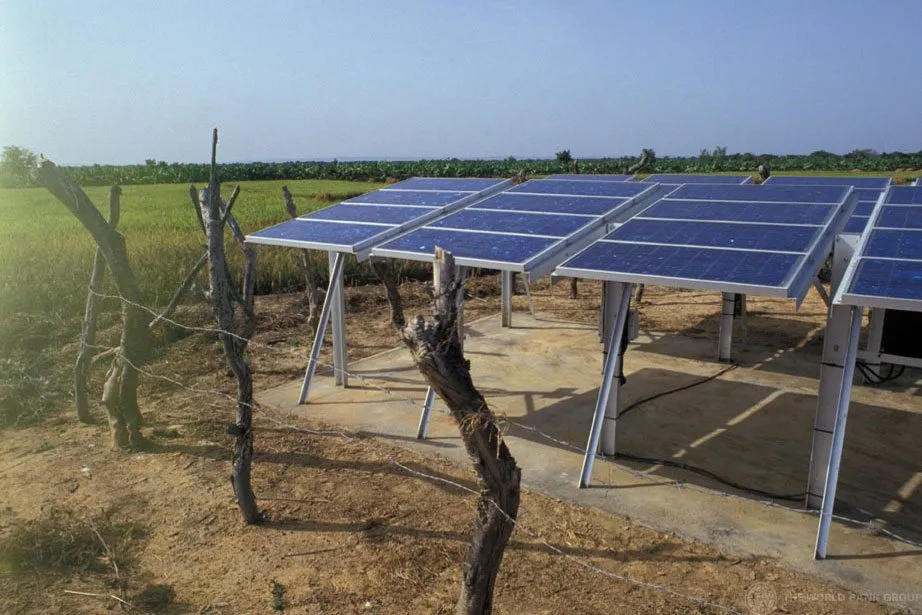
The solar home system, which consists of a solar panel connected to a battery and charge controller, is the most common solar PV system in rural areas. It usually has at least one light and a power outlet for other electrical devices like radios, televisions, and phone chargers. In 2008, the World Bank approved two projects in Bangladesh to install 1.3 million solar home systems Residents' lives have been transformed since the arrival of a solar mini-grid on Monpura, a remote island in the Bay of Bengal.
From her home on the island, Lhota Khatun runs a sewing business. She has been able to work at night while her children are sleeping because she has reliable electricity.
Monpura is thriving because people are able to continue their lives after dark. According to a World Bank article, "markets are humming, households can power TVs, fans, and even refrigerators, and streets are lit up at night."
Just like that, entrepreneurs, engineers and rural people are executing solar energy usage towards a brighter future a single home that installs solar panels on its roof is a step in the right direction.It all adds up to a far more powerful effect than one might expect. Overall, understanding the science behind the need to switch to renewable energy is just as important as understanding the economic advantages. Solar energy has the potential to alleviate poverty by creating jobs and providing low-cost energy and services.
